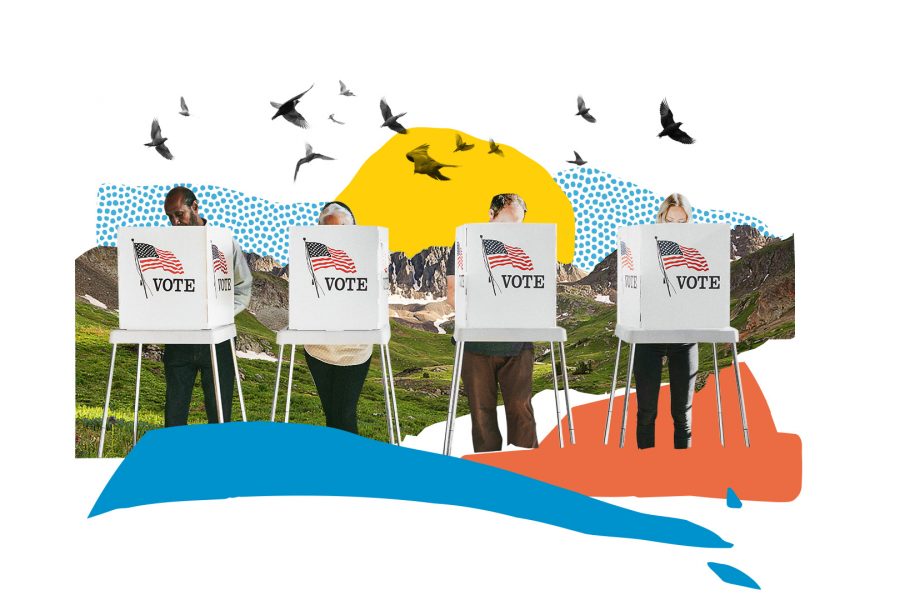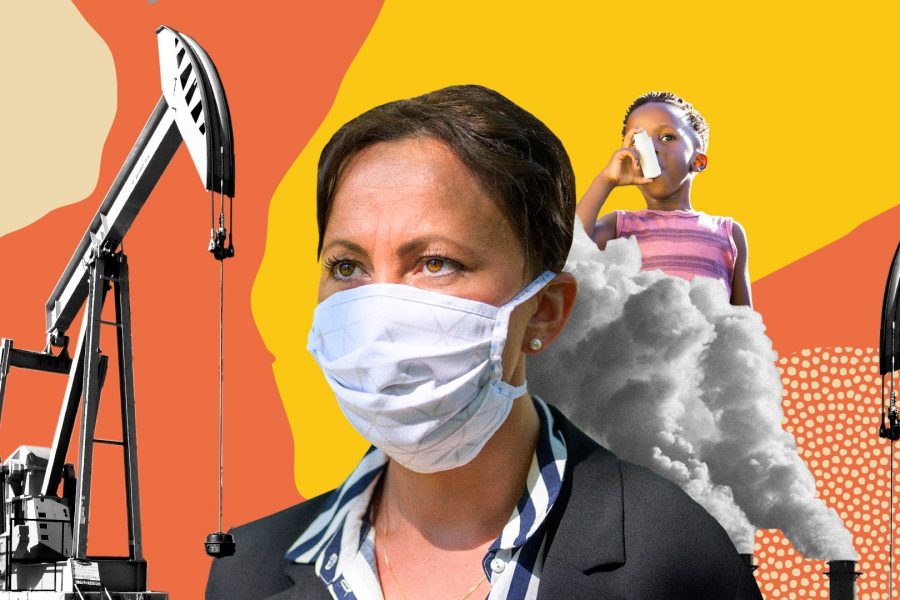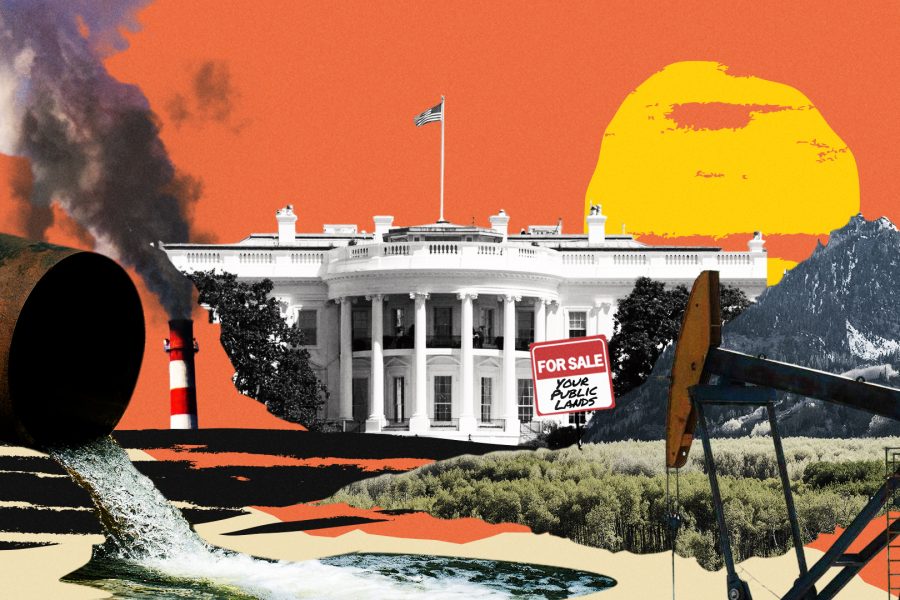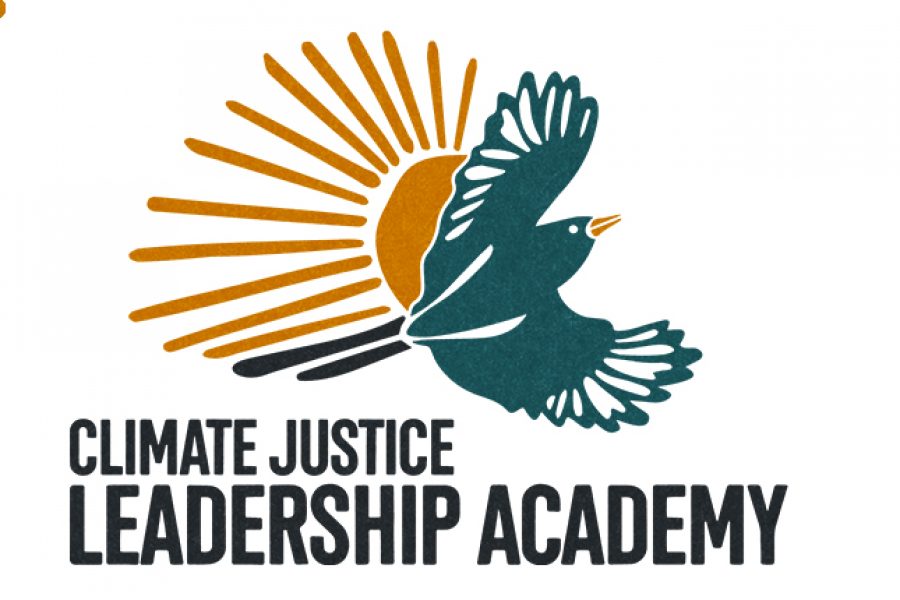Blog
Latest Posts
Introducing the third cohort of the Boards and Commissions Fellowship
We’re proud to introduce the newest cohort of the Boards and Commissions Fellowship! This free program is part of our Climate Justice Leadership Academy and is designed to help community […]
Get emails from us Join the Fight
You are the driving force behind our work! Keep up with news and opportunities to advocate for policies that benefit all Coloradans, build leadership that looks like Colorado and strengthen our collective power.







